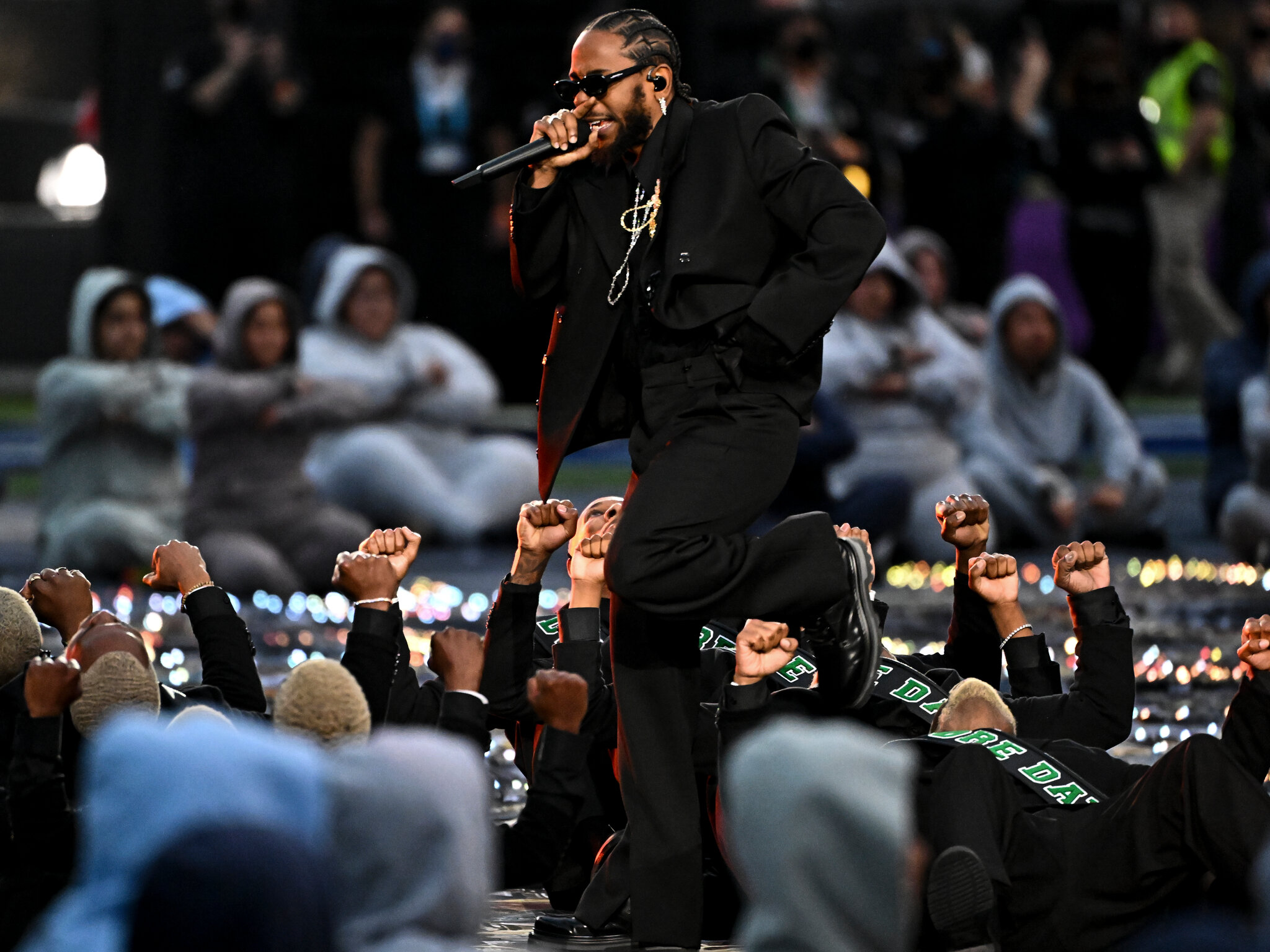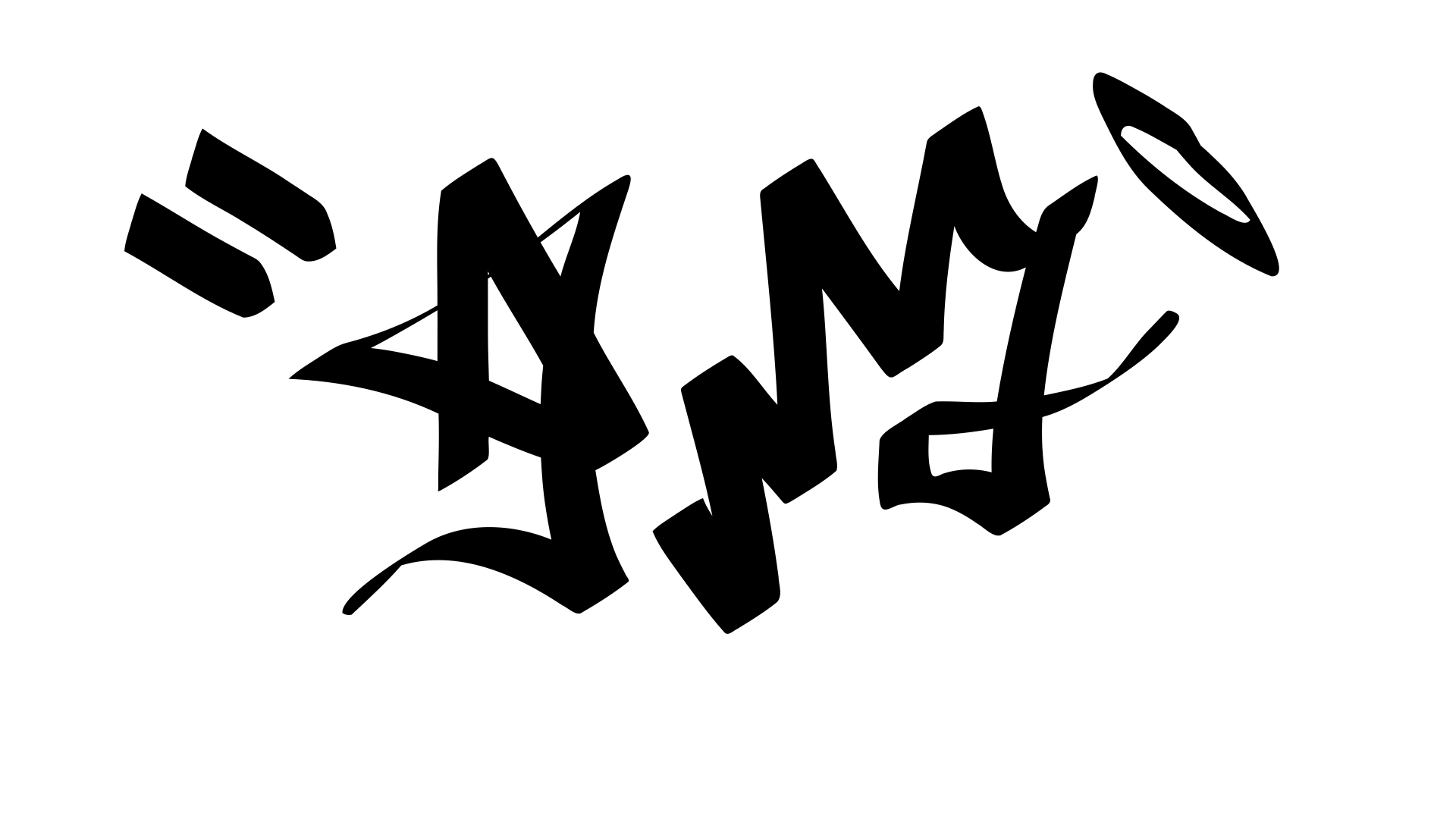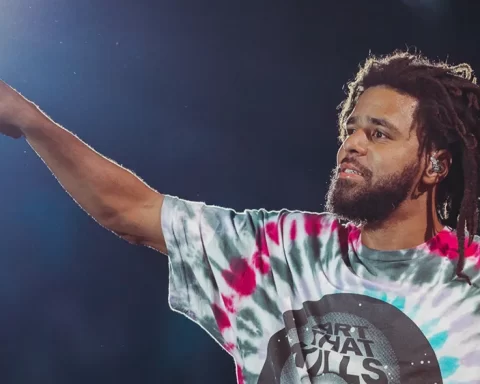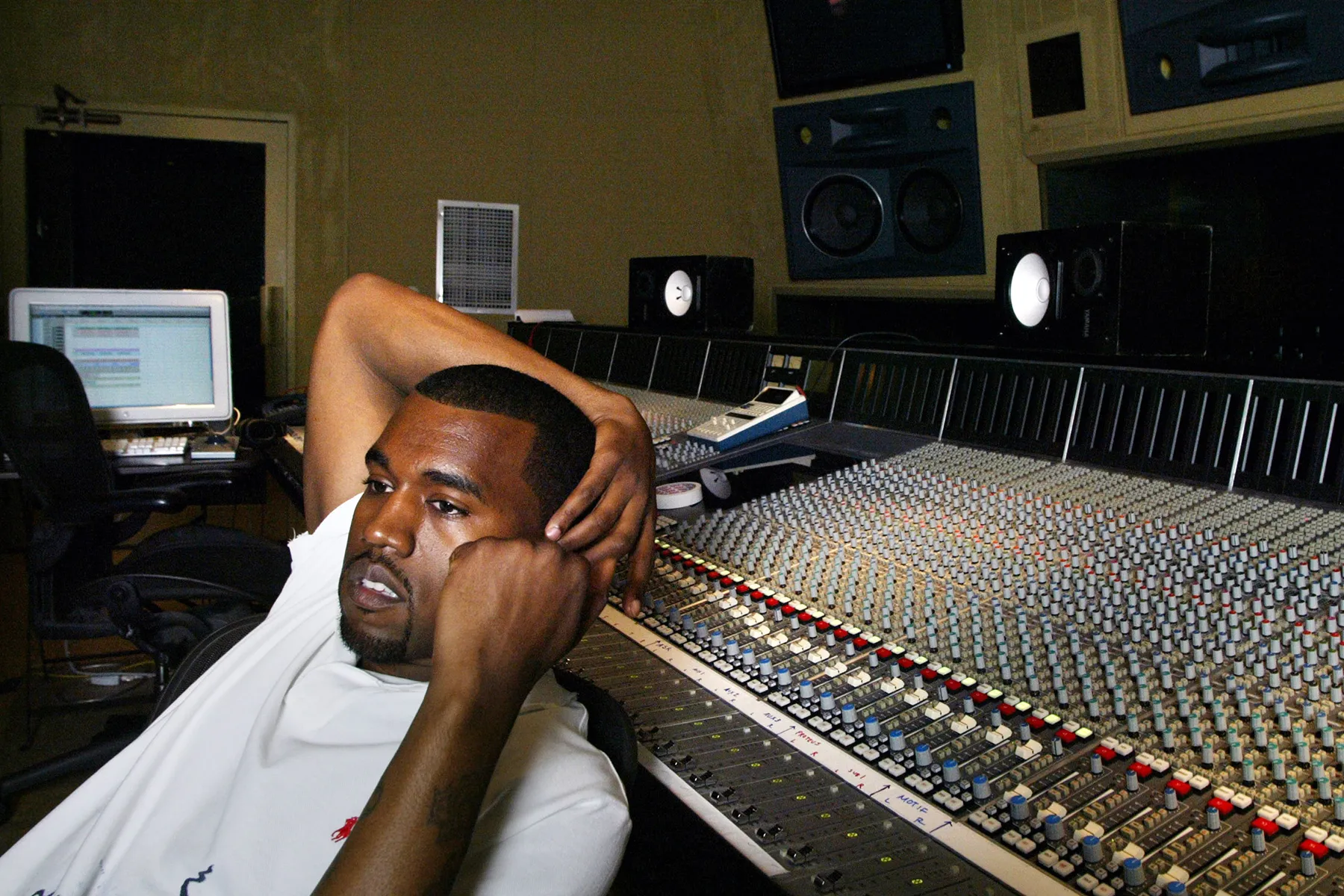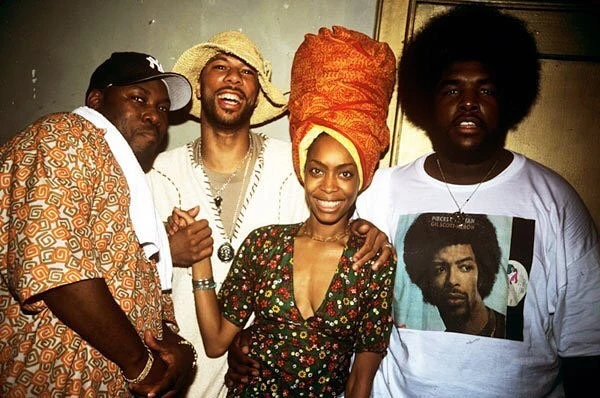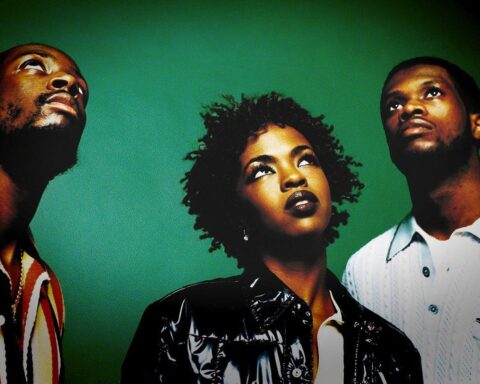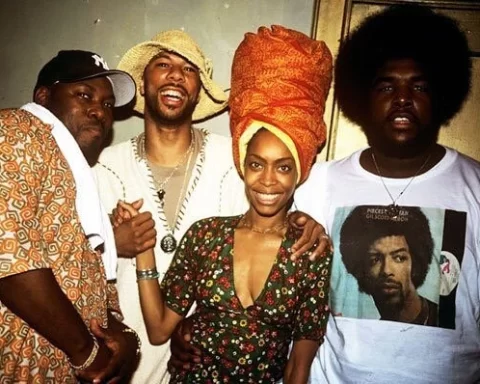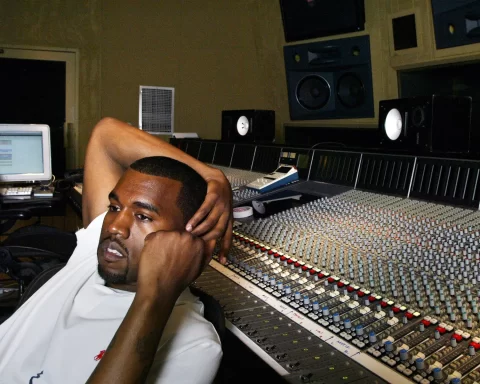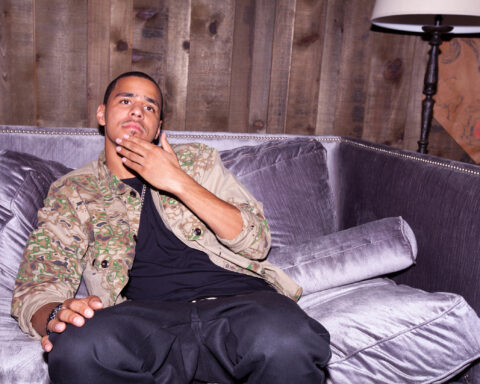With his poetic social commentary, Kendrick Lamar never fails to engage us politically, and DAMN was similar to his previous release. Some of the most insightful and thought-provoking quotes are “XXX.” (police brutality), “FEER.” (who is praying for Kendrick Lamar), and “YAH.” (religion). However, “FEAR” is the album’s most significant track—not any of the three above tracks.
“FEAR” covers significant issues in the black community in four verses without coming across as preachy, foolish, or dull. “Fear” is a timeless song that remains pertinent even in the current political context. It could just as quickly have been performed during the height of Jim Crow. Using himself as his muse, Lamar describes three terrifying experiences he had at ages seven, seventeen, and twenty-seven.
Lamar claims that the lyrics to “FEAR” are the best verses he has ever written, and after listening to the song, it’s difficult to argue with him.
“Why God, why God, do I gotta suffer? Pain in my heart carries burdens full of struggle. Why God, why God, do I gotta bleed? Every stone thrown at you resting at my feet.”
Lamar sets the stage for a lengthy seven-and-a-half-minute song in these opening bars. The opening line, “Why God, why God do I gotta suffer,” foreshadows what’s to follow.
The black man in America has to ask himself this question on a daily basis. There’s always a looming heaviness that comes with being a black guy in this society, whether it’s the fatigue from witnessing unarmed black people shot so frequently or the discouragement from getting turned down for a job that one is obviously qualified for.
The opening verse is significant. It describes how young Kendrick and his mother interacted. The issues Kendrick discusses in this stanza are ones that any young Black man can identify with. The phrase “I beat yo ass keep talking back” refers to each time a youngster responds to his or her mother after the mother has issued a clear-cut reprimand. Using the phrase “I beat yo ass who bought you that” is code meaning “I didn’t buy it, you can’t afford it, where did you get that from?”
“With tears in your eyes, runnin’ from Poo Poo and Prentice, go back outside I beat yo ass little nigga” equates to “if you lost that fight don’t come back in here with your head down or I’m beating your ass. Go back outside and avenge that loss.”
“I beat yo ass, you know my patience runnin’ thin, I got buku payments to make, county building on my ass, tryna take my food stamps away”
This brings to light a depressing reality that many black mothers face. Their relationship with their kids may suffer as a result of their stress from feeling like they must juggle everything and attempt to make ends meet every day.
“Seven years old think you run this house by yourself?” Kendrick concludes the verse. If you don’t fear anyone else, N-ga, you will fear me. It’s significant that a mother can establish dread in a young child. The mother is demonstrating that, even when handled by individuals you love, the world may be icy. When she advises her son to go back outside and not steal because if he gets caught, the harshness of the criminal justice system will be upon him, she is showing him how to be strong.
Kendrick demonstrates the power of the black lady in this verse. Little Kendrick was frequently fearless, but his mother understands that fear is essential for life; if the ills of the world don’t destroy him, she wants to shape him into a strong black man.
Listen to Beanie Sigel’s song “Die” if you haven’t already; it will help you better grasp Kendrick’s second stanza. It is a stanza that is based on the various ways Kendrick Lamar may have passed away at the age of 17. In actuality, any of them may befall a young black man.
“I’ll probably die anonymously, I’ll probably die with promises” translates to “I’ll probably die and be forgotten. I’ll probably die with a world of opportunity in front of me, none of which I was able to fulfill because I died so young.” Sad realities, but both are real problems growing up as a young black man surrounded by poverty and violence.
There’s not enough time to digest one death before the next one happens. He ends the verse by saying, “I’ll probably die ’cause that’s what you do when you’re 17,” and that’s the perfect way to drive the point of that verse home. So many young blacks die young, and some feel that’s just what you do cause that’s all they’ve seen in their young lives.
In the last verses, Kendrick grapples with the concept of fear–fear of losing everything he’s sought after and obtained, fear of going back to struggling even though he’s made it so big, and fear of not being creative anymore. What you can really find in these last verses is a fear that those who fought for our freedom had to deal with so many years ago: fear of losing humility and fear that this world is wicked.
He harps on police brutality and the fear of dying young as both problems that existed in ’68 that still exist today. “FEAR.” might seem like a creative, thought-provoking record, but I think it’s more than that. It explains things within the black community that we sometimes struggle to articulate while creating an avenue for solidarity because of its relatable narrative.
